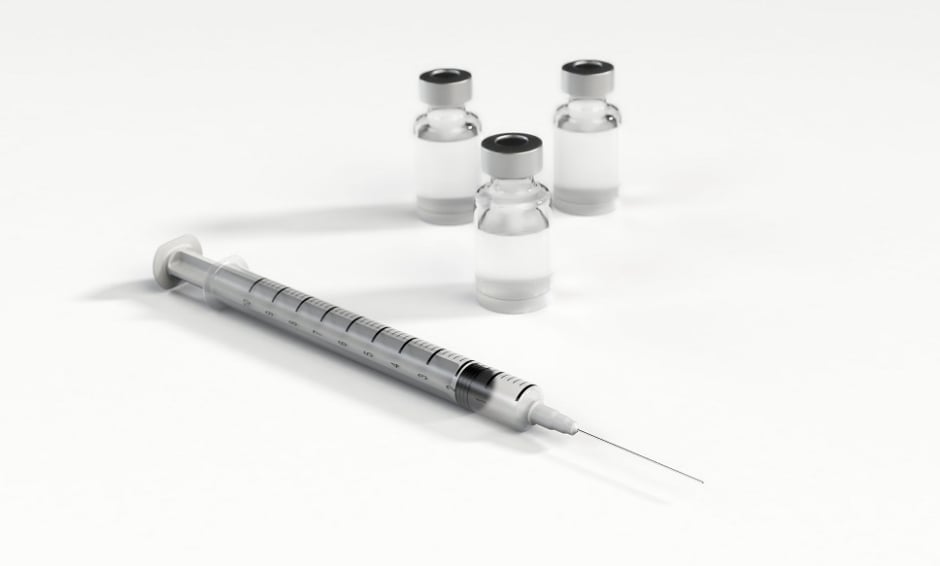AGGRESSIVE brain tumours could be treated by a virus being injected directly into the bloodstream, according to scientists from the University of Leeds, Leeds, UK and The Institute of Cancer Research, London, UK. The study showed for the first time that a virus is able to pass from the blood to the brain, and a trial is currently underway to utilise this technique in a clinical setting.
Successful Injection
In the days before they were due to have their tumours removed surgically, nine patients with cancers that had either spread to the brain from other areas of the body or were fast-growing gliomas were administered with a reovirus through a single-dose intravenous drip. Following surgery, there was evidence in the samples collected that the virus was able to reach the cancer, even when situated deep within the brain. An additional finding was that the injection of the reovirus stimulated the body’s immune system, with tissues from patients who had received the virus containing higher levels of interferons than those from control samples who had the surgery but no reovirus injection.
Future Use
Co-lead author Dr Adel Sampson, University of Leeds, commented: “This is the first time it has been shown that a therapeutic virus is able to pass through the brain–blood barrier, and that opens up the possibility this type of immunotherapy could be used to treat more people with aggressive brain cancers. The study was about showing that a virus could be delivered to a tumour in the brain. Not only was it able to reach its target, but there were signs it stimulated the body’s own immune defences to attack the cancer.”
Clinical Trial
Building on these results, a clinical trial is now underway in which patients will be treated repeatedly with the reovirus injection, in conjunction with standard radiotherapy and chemotherapy. It is hoped that this new approach will be shown to increase the effectiveness of these standard therapies in killing cancer cells.
James Coker, Reporter
For the source, and further information on the study, click here.








